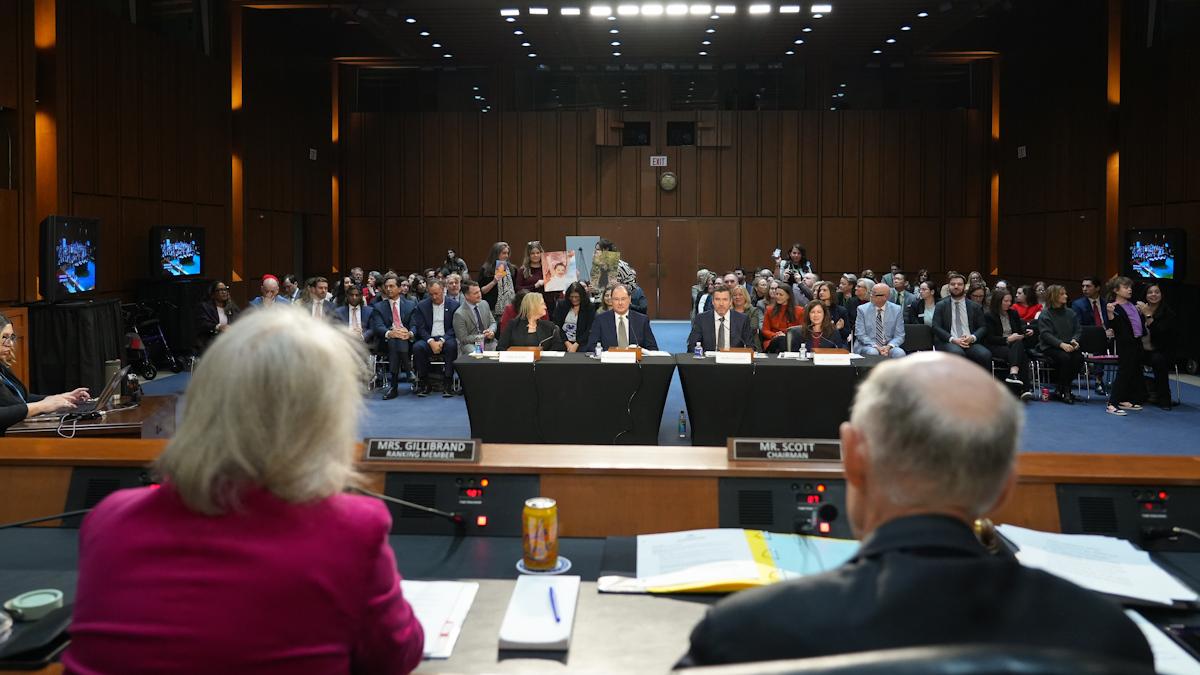US senators blast Novartis for Zolgensma data falsification

US politicians have urged the FDA to come down hard on Novartis for failing to disclose manipulated data used in the approval of its $2.1 million spinal muscular atrophy (SMA) gene therapy Zolgensma (onasemnogene abeparvovec-xioi) – the most expensive drug in US history.
Five Democrats – including presidential candidates and drug industry critics Bernie Sanders and Elizabeth Warren – have sent a letter to acting FDA commissioner Ned Sharpless urging the agency “to use your full authorities to hold AveXis accountable for its malfeasance, including through all appropriate criminal, civil, and regulatory actions against the company”.
“It is unconscionable that a drug company would provide manipulated data to federal regulators in order to rush its product to market, reap financial perks and charge the highest amount in American history for its medication,” the letter says.
“Anything short of a forceful response would signal a green light to future pharmaceutical misbehavior.”
Meanwhile, Republican and US Senate Finance Committee chairman Chuck Grassley has asked Novartis to provide all records of its internal inquiry into the drug, as well as details such as the date when it became aware that it had submitted manipulated data and the number of employees terminated as a result.
Novartis said it has received the senator’s letter and is reviewing the request.
The actions from the senators come at a time when the industry is under fire from politicians on both sides of the political aisle over high prices for medicines in the US.
AveXis – which originally developed Zolgensma and was bought by Novartis last year – informed the FDA on 28 June that some of the animal testing data for the product contained in the marketing application was compromised.
But the company has admitted it was aware of the problem before Zolgensma was approved by the FDA in May, becoming the first gene therapy for SMA. Novartis opted not to inform the FDA until its own internal investigation had been completed.
This is another point of contention for the Democratic senators, who have asked the FDA for a written explanation as to why it withdrew a proposed regulation in October 2018 that would have required companies to promptly report suspected data falsification.
The senators have asked if the FDA plans to reissue these regulations.
While the FDA says it “remains confident that Zolgensma will remain on the market”, it isn’t ruling out using its “full authorities to take action, if appropriate, which may include civil or criminal penalties,” according to Peter Marks, the director of the agency’s Centre for Biologics Evaluation and Research (CBER).
For now, the FDA says its concerns are “limited to only a small portion of the product testing data that was contained in the marketing application,” and it thinks the totality of evidence for Zolgensma “continues to provide compelling evidence supporting an overall favourable benefit-risk profile.”
Zolgensma and Ionis/Biogen’s SMA drug treatment Spinraza (nusinersen) have transformed the outlook for patients with the disease in the last couple of years, and there would be consternation if Zolgensma’s availability were to be affected by the data integrity issue.
The gene therapy is predicted to become a $2.09 billion product in 2023, according to Clarivate, thanks in part to its $2.1 million price tag. Spinraza brought in $1.7 billion for Biogen last year.
In a statement Novartis has said it “stands behind” the drug and that it “does not expect this to impact the timing of our ongoing Zolgensma regulatory filings and development programmes.”
“First and foremost, we are fully confident in the safety, quality and efficacy of Zolgensma. The FDA supports the continued marketing and use of Zolgensma for patients with spinal muscular atrophy (SMA) less than 2 years of age. We maintain that the totality of the evidence demonstrating the product’s effectiveness and its safety profile continue to provide compelling evidence supporting an overall favorable benefit-risk profile. We remain steadfast that this important treatment remain available to pediatric patients with SMA less than 2 years of age.”












